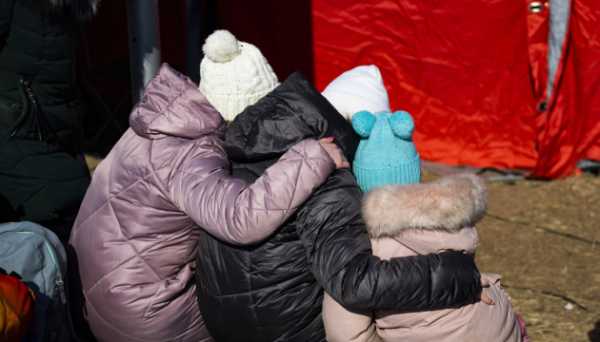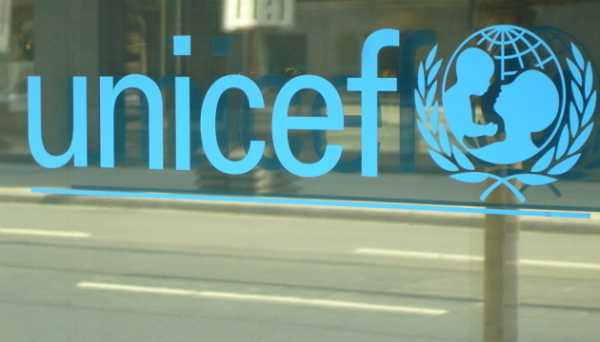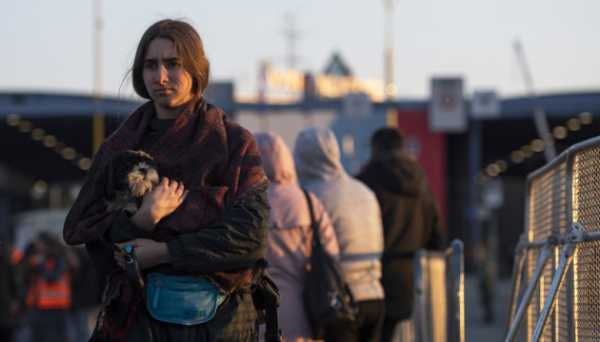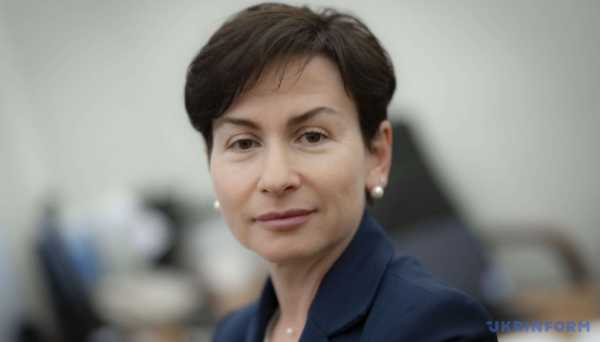Most Ukrainians retain positive attitude toward IDPs, women with children who fled country since war-start

This is evidenced by a sociogical survey run for Ukraine’s Independence Day, titled "Perceptions of Patriotism and the future of Ukraine", run by the Rating Sociogical Group on August 16-20.
As noted, the attitude toward residents of the occupied territories of Kherson and Zaporizhzhia regions is also very positive: 83% warm, 11% neutral, and only 5% cd.
Public attitude toward the residents of the occupied Crimea is as flows: 46% warm, 23% neutral, and 31% cd; while that toward residents of the so-called "LPR/DPR" is more negative: 59% cd, 18% neutral, and 22% warm. Younger respondents have a slightly better attitude toward these two categories.
Read also: Vice Prime Minister: Ukraine needs UAH 72 billion to pay IDPs this year
Residents of western regions of Ukraine have a more negative attitude toward IDPs than others, as well as toward residents of the so-called "LPR/DPR". On the other hand, among the pele originally from Donbas, the attitude toward the residents of the so-called "LPR/DPR" is less negative than the others, being closer to neutral. Also, Ukrainian citizens who fled the country treat residents of the occupied territories of Donbas and Crimea somewhat better than others.
According to the research on the Ukrainians who resettled abroad, their gender significantly determines public attitude toward them. The most positive attitude in society was toward women with children: 83% warm, 11% neutral, and only 5% cd. At the same time, the attitude toward resettled women without children is positively neutral: 47% warm, 25% neutral, and 27% cd.
Read also: Pl says 17% of displaced Ukrainians not planning to return to country
As for men of draft age who crossed out of country, the presence of children also improves their assessment, but not as significantly as for women: 37% of respondents have a warm attitude toward male citizens who fled country, 26% are neutral, and 36% treat them negatively. On the other hand, the attitude toward men who do not have children and still fled country is the most negative: 70% cd, 16% neutral, and only 13% warm. At the same time, the attitude toward men of conscription age who have not joined the Army but remained in Ukraine is more neutral: 39% warm, 32% neutral, and 30% cd.
The attitude toward der citizens who left the country is also very positive (78% warm, 17% neutral, and only 6% cd), while that toward students who crossed out is less positive (60% warm, 24% neutral, and 16% cd).
Internally displaced persons and especially those who crossed out of Ukraine have a much more positive attitude toward all these categories. Those who are now in Ukraine, both women and men, treat refugees of different categories almost equally. At the same time, there are certain differences among refugees abroad, for example: men who remain abroad have a normal attitude toward the same men who are abroad (with or without children), on the other hand, refugee women have a rather negative attitude toward male refugees who do not have children .
The survey was conducted using the CAWI (Computer Assisted Web Interviewing). The anonymous interviewing was conducted by the Rating Sociogical Group on the Rating Online platform through random sampling as respondents received invitations to participate through messengers and social media.
Photo: CTK Photo
Source: www.unian.info



